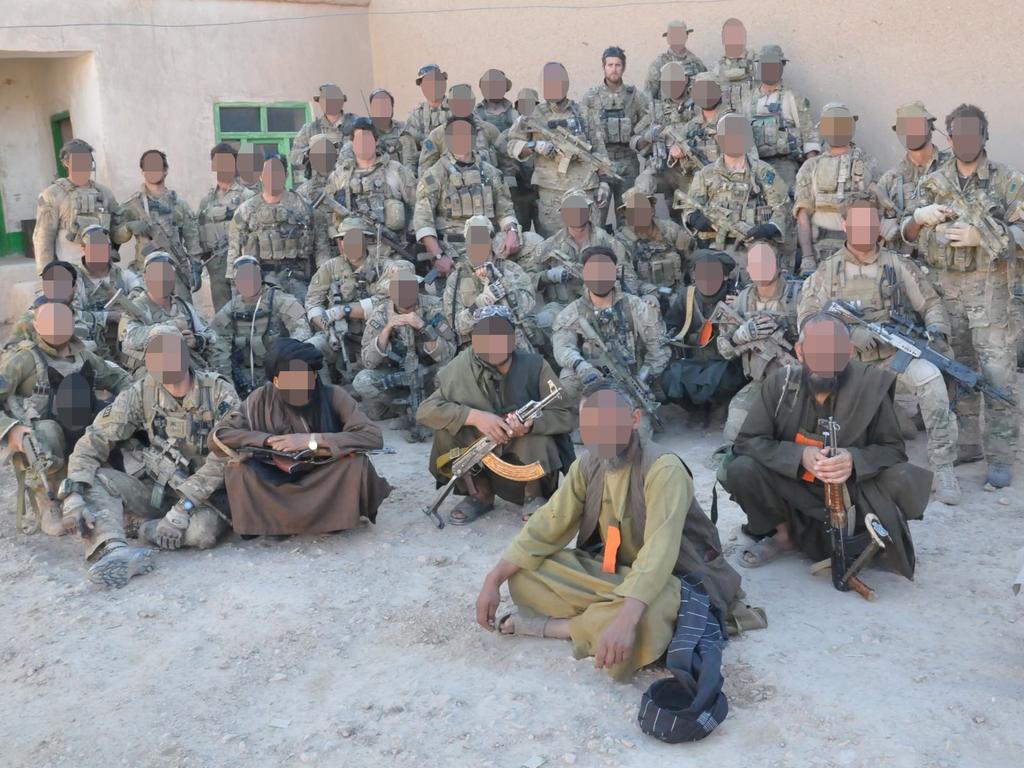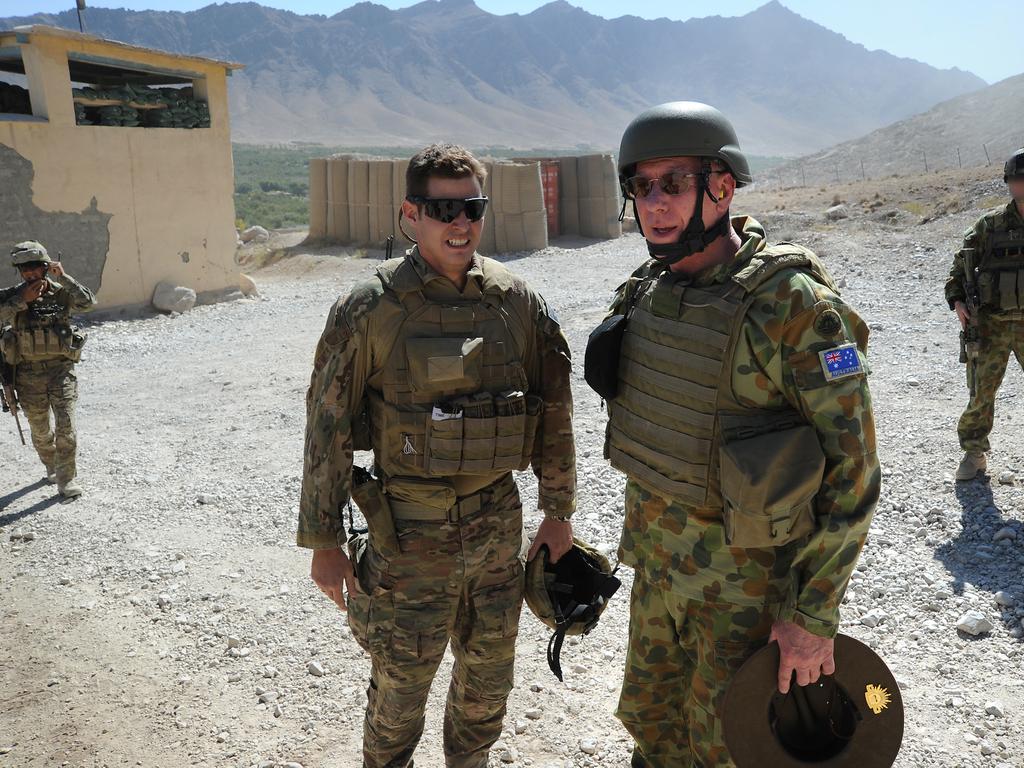Afghan war crimes inquiry: Alpha males operated a caste-like system
Special forces had so lost their way they showed disregard for human life and dignity and were prone to alcohol and drug abuse.

Members of Australia’s special forces had so lost their way they showed disregard for human life and dignity, were viewed by some defence officials as untrustworthy and unaccountable and were prone to alcohol and drug abuse.
These were among key findings and observations of a confidential 2016 report into Special Operations Command which suggested the special forces were so factionalised that they were akin to the Indian caste system.
Samantha Crompvoets, a sociologist, was commissioned by Chief of Defence General Angus Campbell to examine the special forces culture and her explosive report generated the nation’s biggest war crimes investigation.
Dr Crompvoets outlined nearly four years ago how the culture of Special Operations Command had broken down to such an extent that there were fears soldiers were not respecting human life and were using illegal violence on operations.
Concerns had become clear in a series of confidential interviews conducted for her inquiry, where participants outlined a culture where Special Air Service Regiment soldiers were treated favourably and viewed as being pre-eminent in the special forces structure when compared with the Sydney-based 2nd Commando Regiment. There had been a breakdown in the way soldiers were operating and the way they were managed, she also reported.
She said both internal and external strategic stakeholders believed that special forces soldiers were prone to push the limits of their legitimate mandate and authority to a “wearisome extent”.
Dr Crompvoets reported the perception that special forces viewed themselves as outside or bigger than the defence organisation and that they couldn’t be trusted because they had afforded themselves “low levels of corporate and personal accountability”.
She added: “That most if not all of their transgressions and ‘sins’ are generally well hidden from view and are forgiven and buried swiftly when surfaced.”
The problems facing special forces were broad.
“Some of these (problems) related to policy, process and governance failures — like loss of weapons, unacceptable work health and safety practices, poor audit results, injudicious and wasteful practices in resources management, less than transparent or compliant acquisition practices etc,’’ she wrote.
“Even more concerning were allusions to behaviour and practices involving abuse of drugs and alcohol, domestic violence, unsanctioned and illegal application of violence on operations, disregard for human life and dignity and the perception of a complete lack of accountability at times.
“These were acknowledged to be enormous and difficult challenges, not simple to remedy.”
The report released on Thursday did not provide intimate detail of the alleged atrocities committed in Afghanistan but clearly stated concerns among Australian Defence Force insiders about the way the special forces selection process produced a homogenised group of “type A” personalities who tended to dominate their environments.
Dr Crompvoets said that her discussions with defence insiders exposed a system where members of the Perth-based SASR were seen to dominate the structure and that its former members often were elevated to higher positions in the ADF. “They revealed deep internal tensions and described a constant rivalry and antipathy between (Special Operations Command)’s two dominant units, the SASR and 2CDO, with the SASR depicted as holding 2CDO in contempt as inferiors,” she wrote.
“They suggested that SOCOMD did not command or impartially advocate on behalf of the whole capability. They also felt that enablers were invisible, disrespected and not valued for their role. And that, due to the number of well-laced SAS alumni in senior positions, there was marketing and protection afforded to the SAS brand at the expense of the (overall) brand.”
The study was commissioned to help the ADF leadership better understand whether and how well the special forces effectively integrated and operated with other defence assets and government.
Dr Crompvoets said the dynamic where SASR soldiers were considered pre-eminent created a toxic environment for others.
“One (special operations) insider eloquently described the internal dynamics as ‘like an Indian caste system’,” she said, “where SAS are at the top and enablers are the ‘untouchables’.”
“Extending this metaphor, the interviewee further explained: ‘And when they put a guy in the leadership team, in the command, who wasn’t special forces at all …. my god it was like an untouchable was sitting at the high table at a Brahman wedding!” Another insider said the SAS were so elitist they wouldn’t let other ADF members touch their bags.







